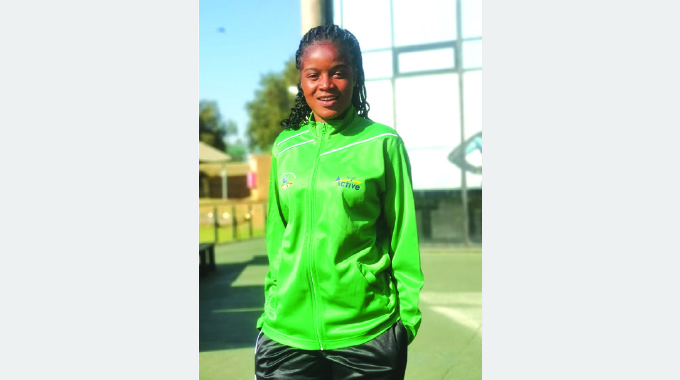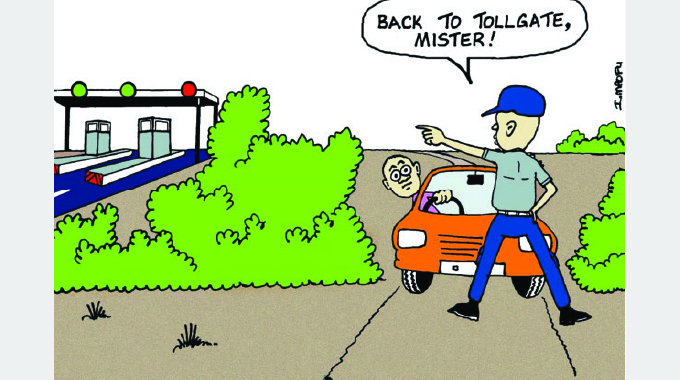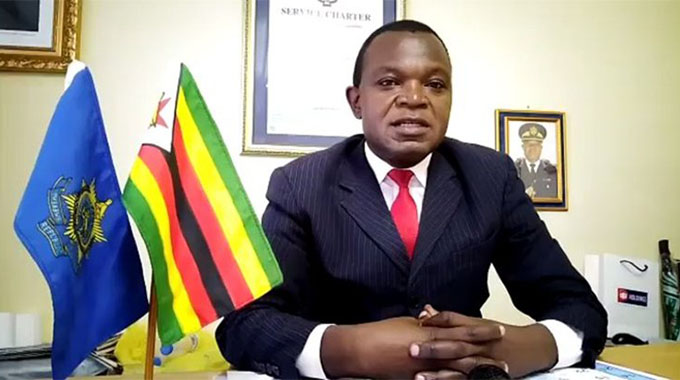Artificial insemination to boost national herd

Precious Manomano and Conrad Mupesa
The artificial insemination programme is now being widened with the training of livestock specialists as inseminators, so as to improve the national herd through cross-breeding with semen from selected quality bulls.
So far almost 2 000 cows and heifers and 1 600 sows have been inseminated across the country.
In an interview, the director for livestock production and development under the Ministry of Lands, Agriculture, Fisheries, Water and Rural Development, Mr Alban Mhindurwa, said the use of the same bull on its progeny or inbreeding, results in smaller and smaller animals being produced leading to lower beef and milk production.
By adopting modern technologies farmers were able to produce cattle breeds of their own choice.
“We have already embarked on a project to harvest bulls’ semen for artificial insemination,” said Mr Mhindurwa.
“This programme is being cascaded to all provinces. Currently, officers from the ministry are undergoing training at Chinhoyi University of Technology who will cascade the information through training to farmers.
“This is a positive development where farmers should embrace technology.”
Artificial insemination is the collection of sperm cells from a bull, which are deposited manually into the reproductive tract of a cow when it is in heat. CUT’s participation dovetails with the Government’s plans to increase the national herd as well as upgrade the quality.
The Ministry of Agriculture is targeting all provinces with this technology, with the possibility of reaching out to 800 000 cows nationwide in the long run.
The period November to March is the best time to carry out artificial insemination as heifers and cows will be in good body condition for conception. But the process should be done correctly by a person who has technical knowhow.
Speaking on the side-lines of an artificial insemination outreach in Zvimba District of Mashonaland West, CUT lecturer and animal breeding specialist Mr Eddington Gororo said the artificial insemination programme would rapidly grow the national herd.
“The programme kick-started in 2014 when we moved around communities assessing problems affecting farmers and realised nutrition, diseases and shortage of bulls as major challenges,” said Mr Gororo.
“We then introduced a nutritional factory where we are producing feed. We bought high quality bulls and started the artificial insemination programme so as to address the issue of bulls’ shortage.”
In 2017, CUT established a laboratory and bull centre, both of which have positively contributed in offering services across the country.
Said Mr Gororo: “As a university, we are developing science-based innovations to solve community problems. We are going to be constructing artificial insemination centres across the country for easy access to the service. Our services have also contributed in the reduction of cost of semen as we are also offering training services on artificial insemination.”
The Zvimba outreach was funded by Nyaradzo Group and the National Building Society. Mr Maxwell Jazi said Nyaradzo has a number of social corporate responsibility programmes across communities, including farming.
NBS Chinhoyi branch assistant manager, Mr Danai Kurado, advised farmers to apply for funding from the bank to boost agricultural activities.
Zvimba beneficiaries lauded the initiative as a step towards addressing their herds, which will also improve the quality and availability beef and milk.
One of the farmers whose cattle were inseminated, Mr Stanford Mandizha, said: “We are grateful for this initiative as most of local breeds have been affected by in-breeding. The insemination programme is commendable as it does not only leave us with better breeds but knowledge on the purposes of cross-breeding.”
Seven communal farmers from the Bhutsu area of Zvimba benefitted from the outreach programme.
In November last year, 20 resettled farmers from Mhangura’s Ward 4 benefited.
Zimbabwe National Farmers’ Union vice president Mr Edward Dune said the artificial insemination programme was a welcome development that would boost the national herd.
“We are grateful for this programme. You choose from the breed you want. The national herd had depleted due to tick-borne diseases and this strategy will enable farmers to increase their herd,” he said.
Mr Dune added that the programme also provides room for skills transfer and expertise, which will uplift the livestock and husbandry sector. Mrs Wendy Muriwo, a farmer from Mashonaland West in Makonde, hailed the programme saying it will culminate in high beef production for both domestic and export markets. Before adoption of artificial insemination, Zimbabwe was spending huge sums of money on importing semen.
After production, the cattle semen can be stored for 40 years in nitrogen tanks.
Artificial insemination comes along with huge benefits such as increased efficiency of bull usage.







Comments